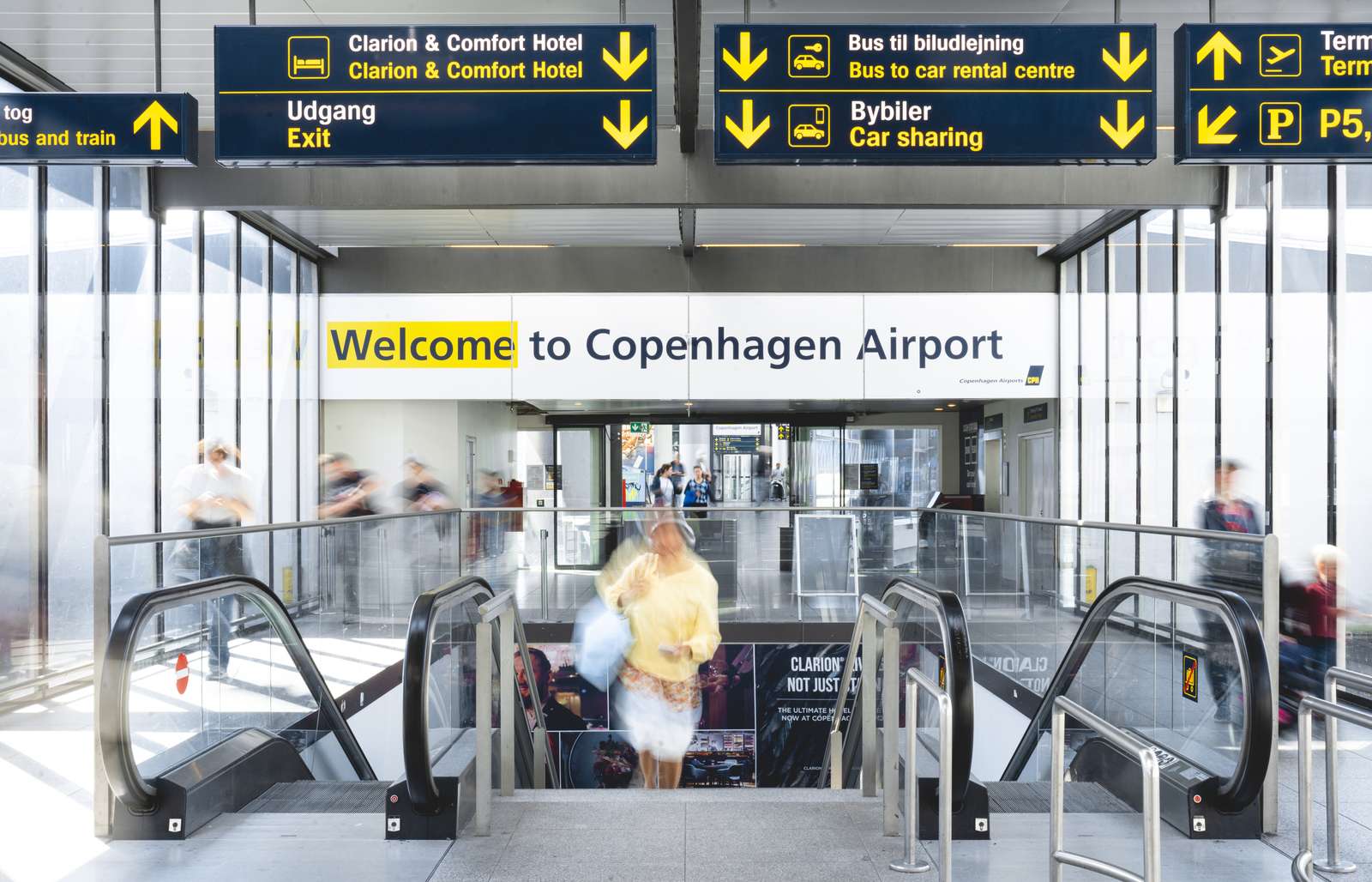Get ready for new EU directives
Both the NIS2 and CER directives will enter into force in 2024. For the vast majority of companies, small and large, the rules of NIS2, CER and GDPR will be the primary legal requirements that they will either have to meet or orient themselves towards. This also applies to suppliers to companies or authorities within critical infrastructures, as NIS2 and CER establish requirements for supplier and supply chain security.














